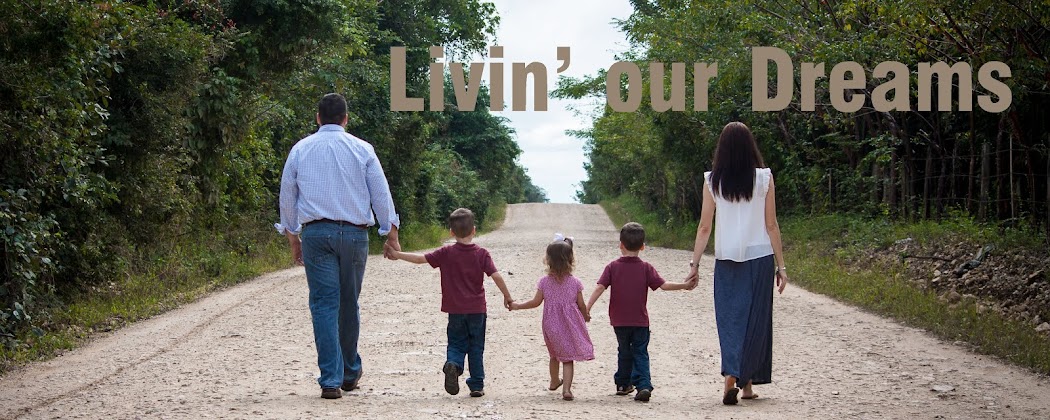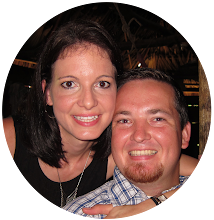We are constantly learning more and more about Kekchi culture. I think we will always be learning. One of the reasons is, it is difficult to recognize and articulate your own culture because you don’t know anything different. How do you describe normal until you aren’t in your normal anymore. So, it isn’t as though you can go up and ask someone to describe what it is to be Kekchi exactly.

Part of being a female for me is a strong God-given desire to create a sense of community, community that gives identity and a sense of belonging. I try to do that in our home, in our church, and at the institute. That’s my circle of ministry. Being a part of a community allows you to share common values and offers a support system that can’t be duplicated by anyone outside of that community. That sums up family to me. That’s why we refer to our community at the institute/farm as our “farm family”.

What’s really neat is that we recently found out about the kekchi word "Jun kab’al". The literal translation is close to “one house.” In Kekchi world your Jun kab’al doesn’t have to be blood related. It isn’t only for privileges but it carries responsibilities. You can belong to more than one at the same time, but it is based on shared experiences and shared responsibilities.
Your school isn’t normally considered to be one of your Jun kab’als, but ours can be. This means that they aren’t just here for 3 years and then leave. They become part of our family and we are all part of this farm family from now on.
 |
| Balloon foosball |
 |
| Celebrating Jimmy, Paul, Mari, and Gerson's birthday last month |












